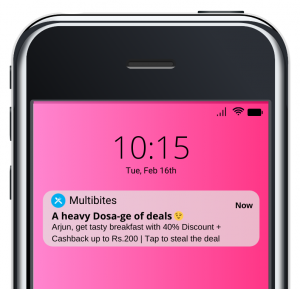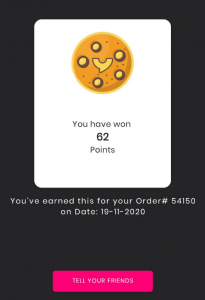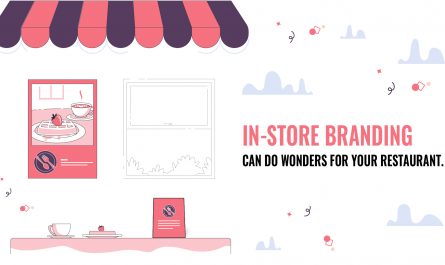Table of Contents
A restaurant business undoubtedly seems like a Direct-to-Consumer model. Nevertheless, aggregators have changed the entire game of how a restaurant functions and left little room for restaurateurs to control their brand. While restaurants have access to the product packaging and investing in a few advertising activities on aggregator’s platform, the freedom of inducing creativity and holding a direct relation with the customers is extremely rigid. In contrast to this, a well established D2C platform rebuilds the personal touch with consumers and helps brands eliminate the dependency on third-party platforms along with various benefits but its crucial to know how direct-to-consumer model works.
Freedom to innovate
Often, restaurateurs do not have a track record of what factors consumers consider while purchasing on third-party applications. Understanding consumer behaviour is a difficult task, especially while making sales on an aggregator’s platform. However, this problem can be avoided by moving to a D2C platform. Restaurateurs can understand customer behaviour by launching new items or offering discounts that act as key experiments to know consumer needs. For example, brands can give discounts or freebies on first purchase, which doesn’t just help in experimenting but also helps in customer retention in the business. This way, restaurants can understand what customers need, cook what sells and improve where it’s needed.

Direct access to consumers and their data
Apart from the “Must try” and the “Chef’s special” suggestions, brands never get the freedom to have direct contact with their potential customers on third-party applications. Consumer data is an important element in marketing and sales. Direct to consumers platform enables the brand to establish an uninterrupted contact with customers at each stage of the online ordering process. This further helps in generating creativity and indirectly builds a brand identity. Email, social media and in-app marketing become much more effective. Especially when a brand reaches the right customer using a powerful database. For instance, rolling out a personalised notification dynamically can generate orders and improves the brand value of the restaurant.

Loyalty programs
A great way to convert an “occasional customer” into “regular” is by offering loyalty programs to the customers. Restaurateurs have more liberty in providing their customers with a better support system. They can also establish a strong relationship with their consumers on a D2C platform. According to a report made by Bain & Company, a 5% increase in customer retention can increase profitability by 25%. This proves how brands can utilise consumer data productively by providing loyalty programs to their consumer base. For example, restaurants can give cashback and coupons to customers on every order placed which can be used on the next order. Hence, retaining customers becomes much easier when a brand owns a dedicated D2C digital platform.

Commission-free
It is a well-known fact that aggregators do get sales for restaurants but at a huge cost. Restaurants pay high commissions to third parties just to reach their sales target. Enabling a customized digital platform helps restaurants to be less dependent on aggregator platforms and reduce the cost incurred on commissions. Reaching customers directly generates brand value. D2C platforms allow brands to sell products at the same price as aggregators, positively impacting their bottom line.
Shifting to a Direct-to-consumer platform doesn’t just involve creating a mobile application or designing a business website. Brands require more than tech-tools to create a powerful consumer relation and know how direct-to-consumer model works. YumzyX helps in building that efficiently for you. Starting from digital platforms which include custom made websites to restaurant ordering apps with integrated delivery fleet and customer retention programs. YumzyX helps hyperlocal brands establish an independent brand identity while fabricating direct relation with their customers. Visit https://blog.yumzyx.com/why-it-matters-to-have-a-business-website/ to understand why customer data is crucial for restaurant business.
Planning to go D2C? Let us help you out




